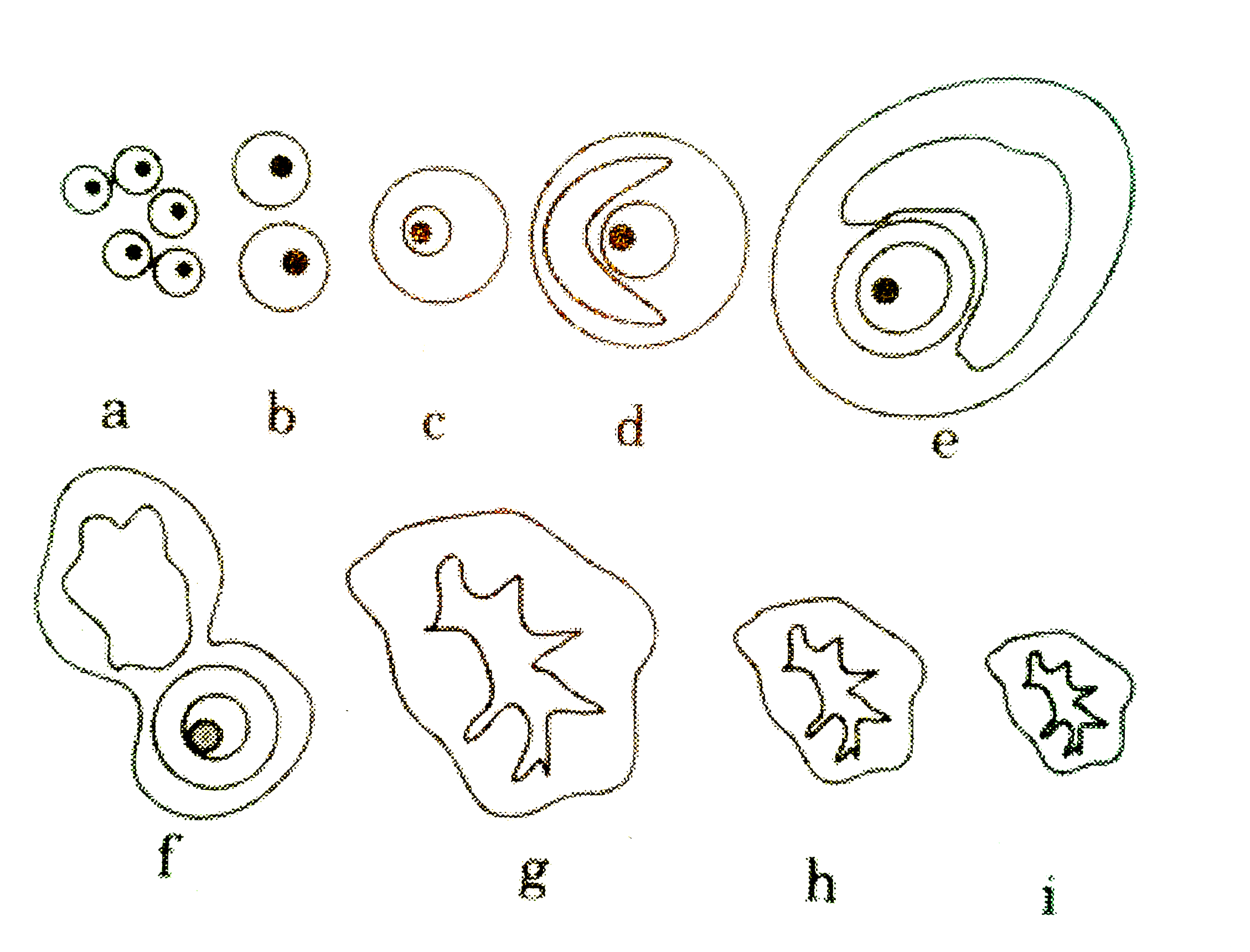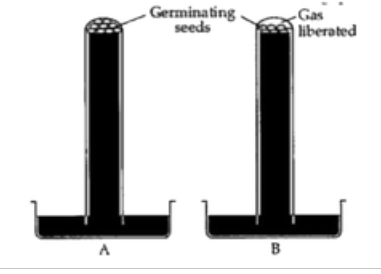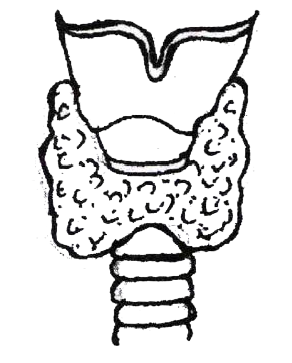(a) Highlight the role of thymus as a lymphoid organ.
(b) Name the cells that are released from the above mentioned gland. Mention how they help in immunity.
(a) In thymus immature lymphocytes differentiate into antigen-sensitive lymphocytes. After maturation in thymus they migrate to secondary lymphoid organs.
(b) The cells released from thymus are called T-lymphocytes. These lymphocytes are responsible for cell mediated immunity which defends the body against virus, fungi and some bacteria which have entered the hosts cells. Helper T cells stimulate B-cells to produce antibodies and killer T-cells migrate to site of infection.
Similar Questions
Knowledge Check
The hormone _(A)_, released by _(B)_ helps in the release of milk from the mammary glands.
AOxytocin, placentaBProlactin, posterior pituitaryCProlactin, ovaryDOxytocin, posterior pituitary
(a) Name the causative agent of typhoid in humans. (b) Name the test administered to confirm the disease. (c) How does the pathogen gain entry into the human body ? Write the diagnostic symptoms and mention the body organ that gets affected in severe cases.
View SolutionThe following is the illustration of the sequence of ovarian events (a - 1) in a human female. (a) Identify the figure that illustrates ovulation and mention the stage of oogenesis it represents.
(b) Name the pituitary hormone that has caused the above mentioned event.
(c) Explain the changes that occur in the uterus simultaneously in anticipation
(d) Write the differences between 'c and 'h'.
(e ) Draw a labelled sketch of the structure of a human ovum prior to fertilization.

View SolutionMendeleev predicted the existence of certain elements not known at that time and named two of them as Eka-Silicon and Eka-aluminium
(a) Name the elements which have taken the place of these elements
(b) Mention the group and the period of these electron in the modern periodic table
(c) Classify these elements as metals, non-metals or metalloids
(d) How many valence electrons are present in each one of them ?
View SolutionStudy the experimental set given below and answer the following questions :

Name the chemical filled in the test tubes. Explain how the above mentioned chemical would interfere with the experiment.
View SolutionWhere do the lymphocytes produced by the lymphoid organ mentioned above migrate and how do they affect immunity?
View SolutionName the endocrine gland that produces calcitonin and mention the role played by this hormone.
View SolutionThe diagram given below represents the location and structure of an endocrine gland. Study the same and answer the questions that follow:

(i) Name the endocrine gland shown in the diagram.
(ii) Name the secretion of the gland which regulates basal metabolism
(iii) Name the mineral element required for the synthesis of the above mentioned hormone.
(iv) Name the disease caused due to undersecretion of the above mentioned hormone in children.
(v) Name the disease caused due to hypersecretion of the above mentioned hormone .
View Solution

